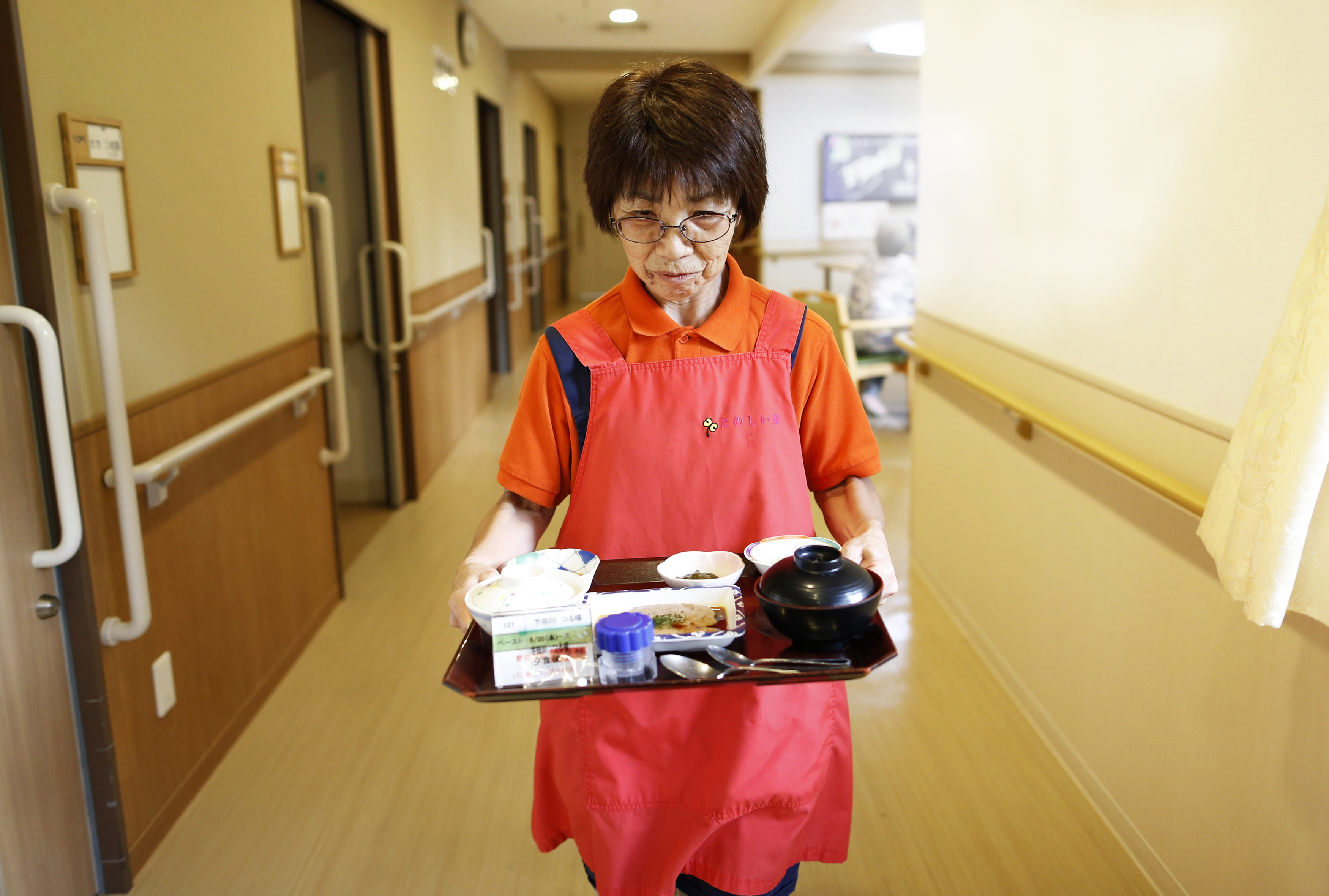In the week prior to the recent Upper House poll, the Kochi Shimbun asked 100 people at random what the significance of "two-thirds" was in relation to the election. Only 17 answered correctly that it was the minimum portion of Diet lawmakers needed to amend the Constitution. One of the main reasons Prime Minister Shinzo Abe called the election was to gain a supermajority for the ruling coalition that would allow it to start the revision process. The fact that most voters didn't make this connection suggests that the media did not convey this information to the public effectively.
These same voters may know about Abe's desire to change the war-renoucing Article 9 of the Constitution — the press has been talking about that for years — but it's likely they don't know much about other possible changes.
Writing recently for The Big Issue, Montana State University anthropologist Tomomi Yamaguchi says she discussed some of these other changes with members of Japan Conference (Nippon Kaigi) who contributed to the draft Constitution the ruling Liberal Democratic Party came up with during its brief spell as the opposition. She highlights certain revisions to Article 24, which presently states that all laws pertaining to family and marriage will "be enacted from the standpoint of individual dignity." Japan Conference says it wants to change the thrust of family law to "protection of the family" (kazoku hogo), with the provision that "members of a family will help one another."



















With your current subscription plan you can comment on stories. However, before writing your first comment, please create a display name in the Profile section of your subscriber account page.